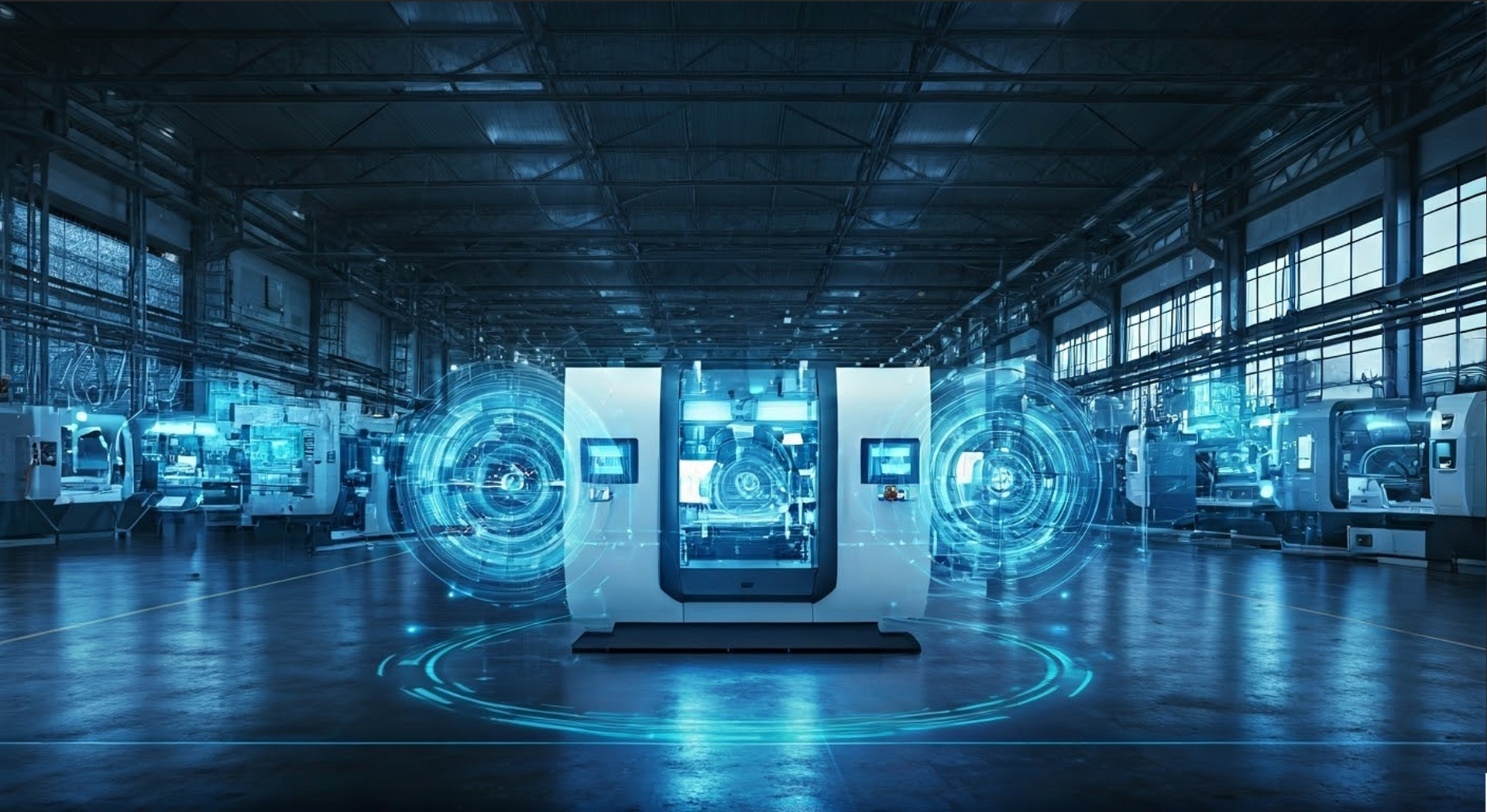A
Historian in industrial automation is used to store and analyze data from various sources. It is designed to capture, store, and analyze large amounts of data over long periods of time. The data stored in the Historian can be used for predictive analytics, process optimization, and other applications.
A Historian is different from a traditional database in that it stores time-series data rather than relational data. This allows it to capture changes over time and provide insights into how processes are performing. Additionally, the Historian can be used to identify trends or patterns that may not be visible with traditional databases.
The use of a Historian in industrial automation has become increasingly popular as companies look for ways to improve their processes and gain insights into their operations. By leveraging the power of a Historian, companies can gain valuable insights into their operations that would otherwise remain hidden.
Exploring the Differences between Historians and Databases
Historians and databases are two different types of data storage systems. Historians are used to store time-series data, while databases are used to store structured data. The main difference between the two is that historians store data in a chronological order, while databases store data in a structured format.
The Benefits of Using a Historian for Data Storage & Analysis
Historian software is an incredibly powerful tool for data storage and analysis, allowing businesses to store and analyze vast amounts of data quickly and efficiently. It is capable of tracking changes in data over time, identifying potential trends, and making predictions about future events based on past performance. By leveraging the power of historian software, businesses can better understand the underlying patterns in their data to gain valuable insights that will help inform their decisions. In addition, historical data access is made easy via the use of historian software. With this powerful tool, businesses are able to gain valuable insights into the inner workings of their operations that would otherwise be difficult or impossible to obtain. This can help them develop better strategies and increase efficiency for their day-to-day operations. Additionally, historian software can help reduce costs associated with manual data entry and analysis by automating the process. By using a historian for data storage and analysis, businesses can gain valuable insights into their operations while saving time and money.
The Benefits of Using a Database for Data Storage & Analysis
A database is a powerful tool for data storage and analysis. It can store large amounts of data and provide quick access to the information. It also allows for easy manipulation of the data, making it easier to analyze and interpret. In contrast, a historian software is used in SCADA (Supervisory Control and Data Acquisition) systems to store historical data from sensors or other sources. The historian software stores the data in a time-series format, which makes it difficult to analyze or manipulate.
The benefits of using a database instead of a historian include faster access to the stored data, more efficient analysis of the stored information, and better scalability for larger datasets. Additionally, databases are more secure than historians as they are less vulnerable to cyberattacks due to their encryption capabilities. Furthermore, databases can be used with other applications such as machine learning algorithms which can help improve decision-making processes based on historical trends in the stored data.
Deciding Between a Historian or Database to Meet Your Data Storage & Analysis Needs
When it comes to data storage and analysis, there are two main options: a historian server or a database. Each has its own advantages and disadvantages, so it is important to consider your specific needs before deciding which one is right for you. Historian servers are typically used in SCADA systems, while databases are more commonly used for storing and analyzing large amounts of data. Both have their own unique features that can be beneficial depending on the type of data you need to store and analyze. It is important to understand the differences between these two options in order to make an informed decision about which one will best meet your needs.





